news
Political-political
Foreign relations
Senior Biden government officials are desperate and are sharpening their tone against Iran
The general atmosphere that arose from the American side during Lapid's talks in Washington was one of despair over Iran's conduct and an understanding that it was more likely that it would not return to the nuclear deal.
Israeli official: "There were talks about what happens if there is no nuclear agreement and indeed options that were not on the table so far were discussed."
Tags
United States
Iran
Israel
Yair Lapid
Barak Ravid, Washington
Thursday, October 14, 2021, 6 p.m.
Share on Facebook
Share on WhatsApp
Share on general
Share on general
Share on Twitter
Share on Email
0 comments
An 80-year-old woman was killed and another woman was fatally injured in a car collision ...
Drugs, weapons and banknotes in cash: A nightly police operation ...
Documentation: An elderly man attacked on the street for no reason, the elderly man: It's nothing ...
Heavy damage from an explosive device placed in the home of reporter Hassan ...
Hackers attack on Hillel Yaffe Hospital and the squid game ...
The heads of the Bedouin sector in the Negev: "They are inciting against us, we need ...
Naor Zion in court: I should not have done what ...
Killed and wounded by gunfire against demonstrators who support Hezbollah and Amal ...
In the video: The chief of staff responds to criticism after Barel's death ...
A man armed with an archery kills 5 people in the south ...
Former head of the police operations department: The commissioner told the ministers ...
Taiwan: At least 25 people killed in a building fire ...
In the video: Meeting of the Foreign Ministers of Israel, the United States and the United Arab Emirates in Washington (Walla!)
Secretary of State Yair Lapid and his men have heard in recent days in Washington meetings with senior Biden government officials a variety of ways in which the United States has described its stance on the stalemate in talks with Iran over a return to the nuclear deal. more ", said a top official Monday." We will consider all options, "said senior party.
most critical was the US Secretary of State Anthony Blinkn at a press conference when the torch is sitting on the right and the Minister of Foreign Affairs of the UAE Abdullah bin Zaid sitting in the left side, and went as far harsher tone Towards Iran. "If Iran has a sensible position, it will be possible to return to the nuclear agreement," he said, adding, "but the time for that is getting shorter. We will be ready to move on to other possibilities if Iran does not change direction. "
A senior Israeli official involved in Lapid's talks in Washington said the general atmosphere on the American side was one of despair over Iranian conduct and a decline in understanding that Iran was unlikely to return to the nuclear deal, even if negotiations resumed in the coming weeks. Similar feelings.
More on Walla!
Lapid at the end of the tripartite meeting in Washington: "We reserve the right to act in any way vis-à-vis Iran"
To the full article
More on Walla!
During Lapid's visit to Washington: Israel approves expropriation of land on Givat Hamatos
Tripartite summit in Washington: Lapid to meet with Blinken and UAE foreign minister
Lapid will take off next week for his first visit to Washington for talks on Iran
Saving from the first moment: How to start saving in four simple steps
The sharpest tone of all was that of the US Secretary of State.
Ben-Zayed, Blinken and Lapid (Photo: Walla !, no)
The best evidence of the growing frustration on the American side was in an interview given by the US envoy on the subject of Iran Rob Mali to the Carnegie Institution, three hours before joining a meeting between Blinken and Lapid. Mali, considered the whitest pigeon regarding Iran in the US administration, began talking about the nuclear deal in the past tense.
"Iran is signaling that it does not want to return to the nuclear deal. We must prepare for a world where Iran is free from restrictions on its nuclear program and we will have to consider various options to deal with it," Mali said.
Israeli and American officials emphasize that the Biden administration understands that the time has come to implement other "options", but is debating what to do. The Americans are debating whether exerting more pressure on Iran will cause it to return to the nuclear deal or vice versa - will harden the Iranian position and cause it to accelerate its nuclear program.
This American dilemma was at the center of strategic talks held last week in Washington between an Israeli delegation led by National Security Council chief Eyal Hulta and an American delegation led by White House National Security Adviser Jake Sullivan.
The atmosphere that arose from the American side was one of despair at the conduct of Iran.
Lapid and Linken, Washington (Photo: Government Press Office, Shlomi Amsalem)
Israeli officials who took part in the talks said the Israeli side had told the United States that it should put more pressure on Iran - through sanctions, covert operations against the nuclear program and public warnings and silent channels that the military option was on the table for the United States.
The Americans agreed that action should be taken but said the Iranian response could lead to escalation. The Americans mentioned that actions taken in recent months against the Iranian nuclear program and that the Iranians attributed to Israel - such as sabotage of Iran's centrifuge train facilities - did not lead to a dramatic delay in the Iranian nuclear program and caused the Iranians to escalate and accelerate the program.
The Americans claimed that the Iranians also used these sabotage operations as an excuse to restrict the activities of UN inspectors at their nuclear facilities - which meant that the United States, Israel and other Western countries knew less about the Iranian nuclear program.
The Biden administration is debating how to proceed. Iranian President Raisi (Photo: Reuters)
The Israelis were not convinced. An Israeli official who participated in the talks told Walla! That the Israeli side has expressed great concern to the Americans about the continuation of the "shuffle" or "limbo" in which the Iranian issue finds itself. The Israelis wanted to know if the Americans had a "deadline" - a date by which if the Iranians did not show a genuine desire to return to the nuclear deal - the United States would take steps such as additional sanctions. "We know that the Americans want to find the right balance regarding measures against Iran, but we want to know how long it will take," said a senior Israeli official.
The agreement in the strategic talks last week was to establish joint working teams for Israel and the United States that will focus closely on monitoring the state of the Iranian economy, identify points where further pressure can be exerted on Iran and also define which measures against Iran will be ineffective or lead to harm to the United States and Israel.
A senior American official who participated in the strategic talks with Israel explained the American dilemma.
"Given the pressure already being exerted on Iran today, we want to examine which measures will be effective and which measures may be harmful," he said.
"That is why we are holding discussions with Israelis and our other allies about what moves will really bring us closer to the common goal - to ensure that Iran does not have nuclear weapons."
This American dilemma also came up in full force in talks Lapid has in Washington with National Security Adviser Sullivan, Vice President Camela Harris and Secretary of State Blink.
Lapid made it clear both in public and in closed-door talks that Iran is approaching a situation where it will be a "nuclear threshold state" that everything between it and an atomic bomb is a decision of Iran's supreme leader, Ali Khamenei.
Centrifuge facility in Iran (Photo: Reuters)
"There are times when countries need to use force to save the world from evil," Lapid told a news conference with Blinken and Emirati Foreign Minister Abdullah Ben-Zayed. "Israel reserves the right to act at any time and in any way. This is our responsibility. Iran has stated that it wants to delete us from the map and we will not allow that to happen."
This was Lapid's sharpest public statement on the Iranian issue since the formation of the new government. When Lapid - who is considered a relatively moderate government figure in the Iranian issue - speaks like this, it has a different meaning for the Americans. The same harsh statements that Torch made publicly he also said inside the closed rooms to Blinkan and Sullivan.
Lapid's message was - if the Biden government aspires for Iran to return to the nuclear deal - it is time for the United States to speak openly and clearly about the military option as well.
"There were closed-door talks during the visit about what happens if there is no nuclear agreement and indeed options that were not on the table so far were discussed," said a senior Israeli official who attended Lapid's talks in Washington.
Iranian envoy Rob Mali will pay a first visit to the Middle East in the coming days and will meet with senior officials from Saudi Arabia, the United Arab Emirates and Qatar to discuss the Iranian issue with them.
When he returns, the crucial discussions will begin in Washington regarding the next side of the United States.
The deadline for this decision is November 7 - when the Board of Governors of the International Atomic Energy Agency will convene in Vienna for a special discussion on the Iranian issue.
Share on Facebook
Share on WhatsApp
Share on general
Share on general
Share on Twitter
Share on Email
0 comments

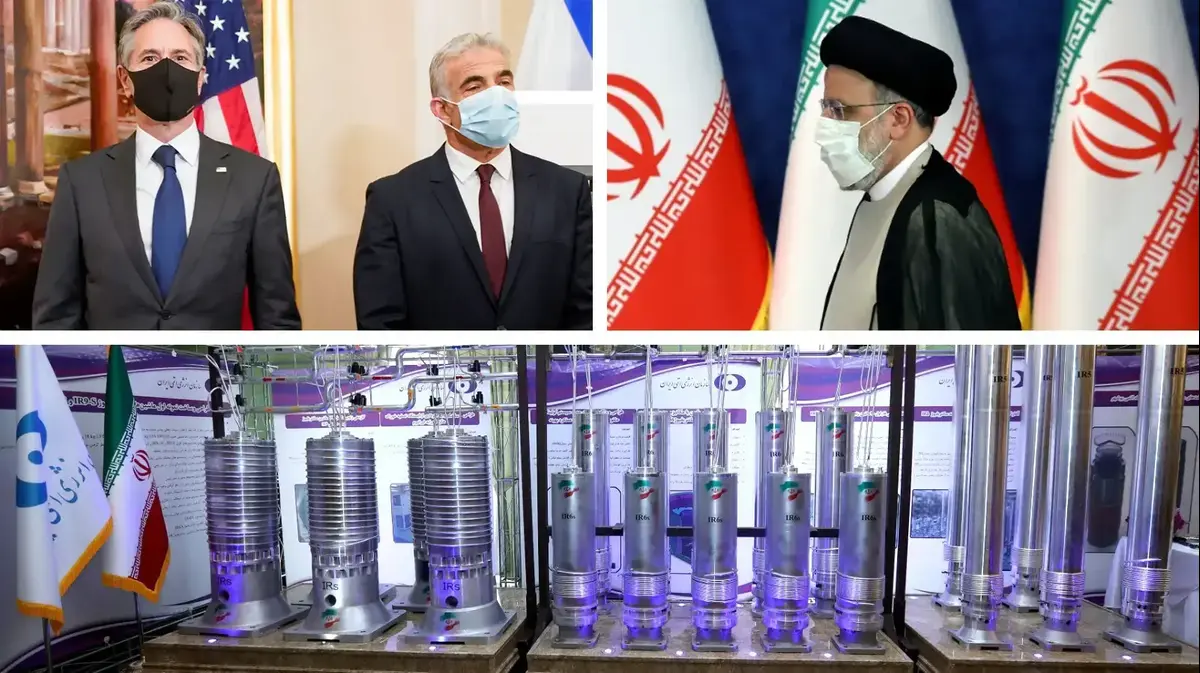
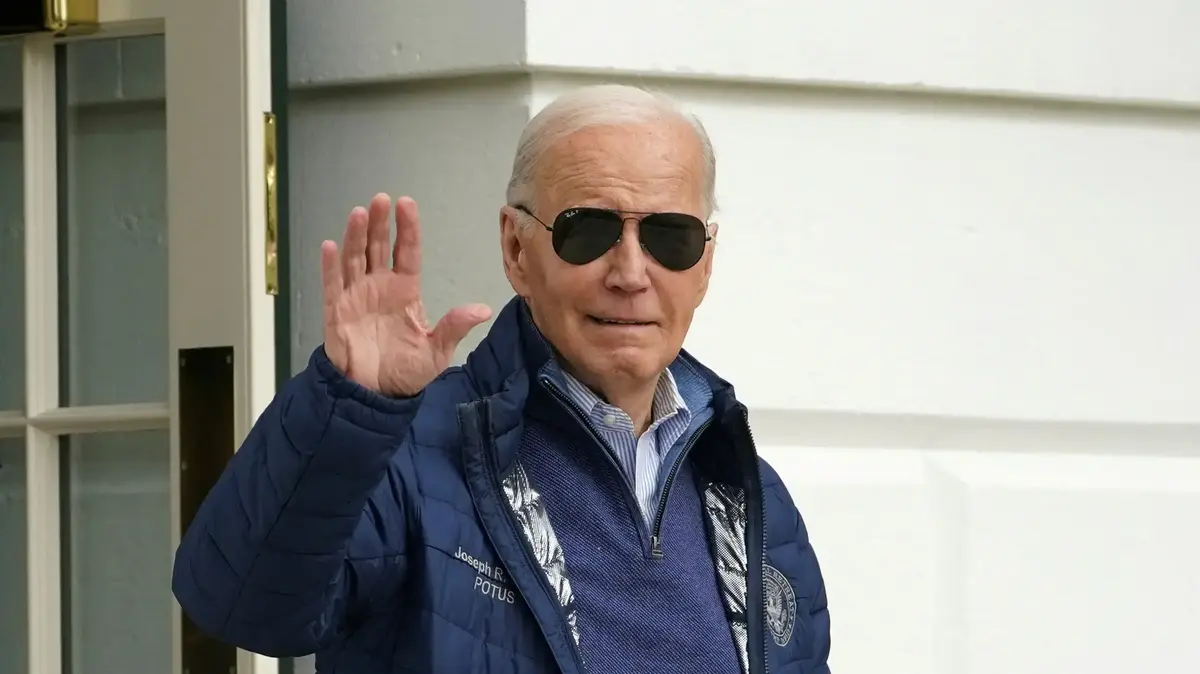
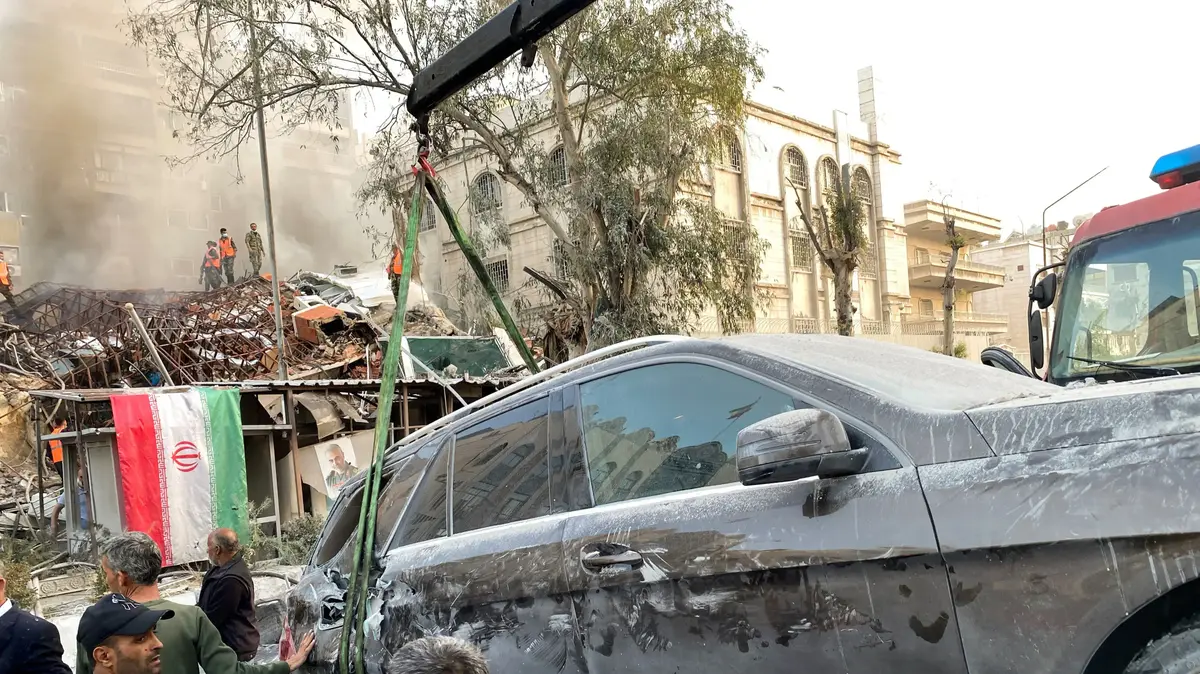


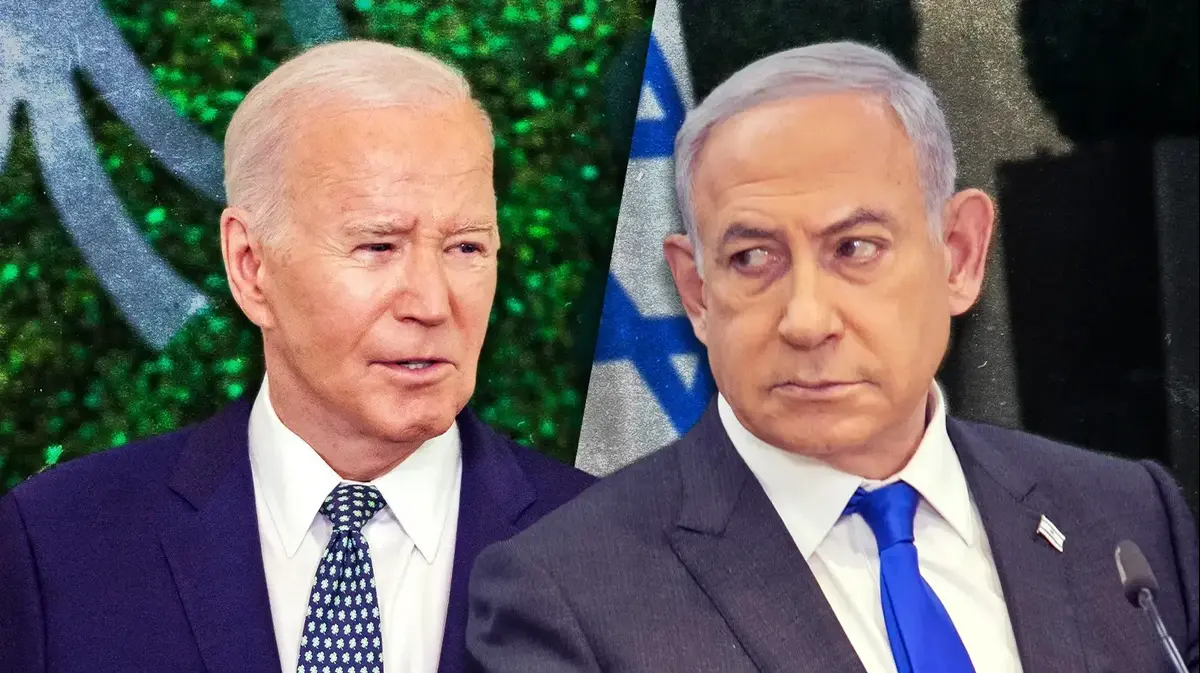
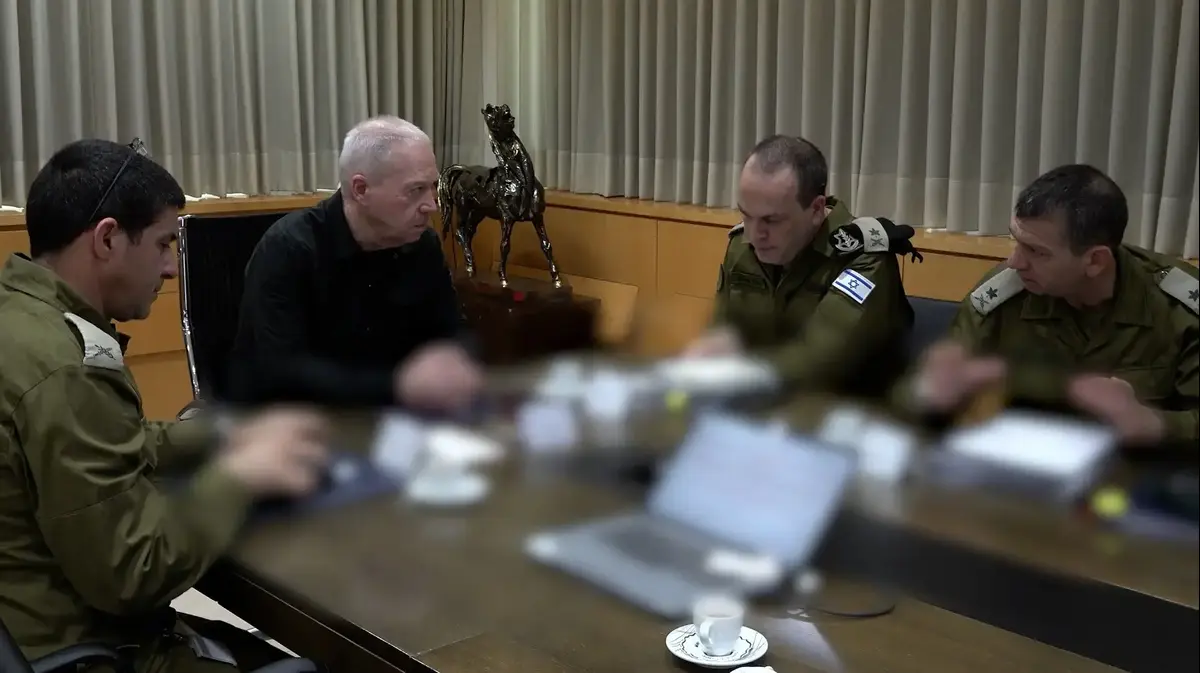

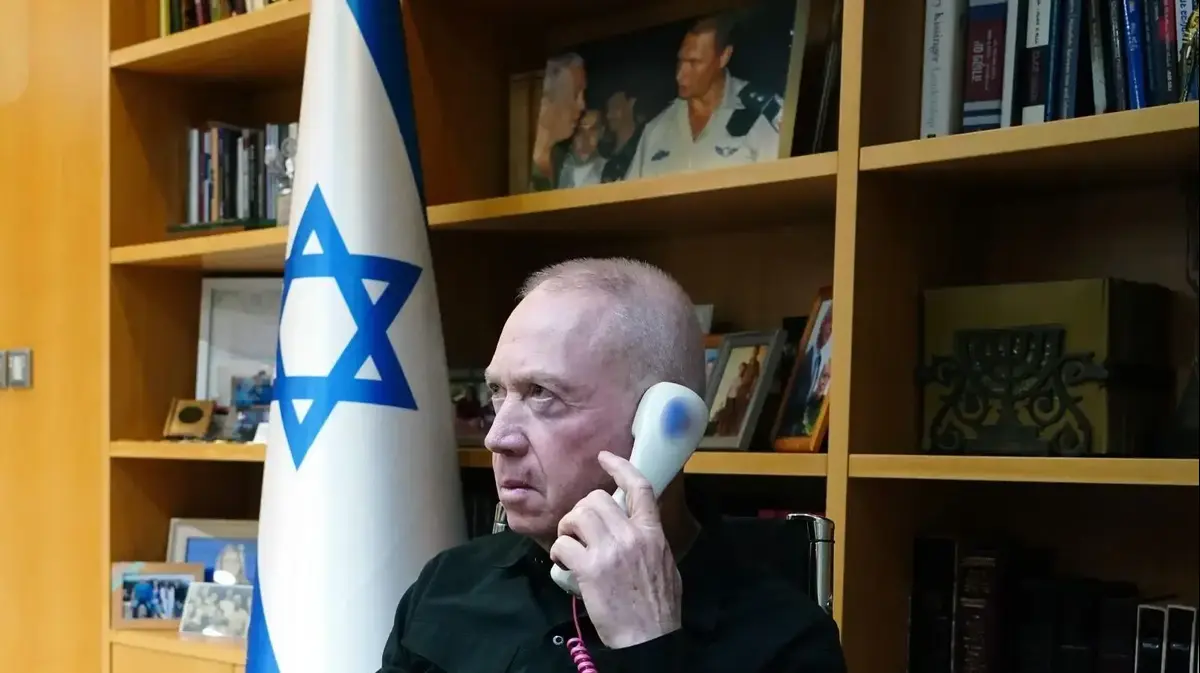


/cloudfront-eu-central-1.images.arcpublishing.com/prisa/KMEYMJKESBAZBE4MRBAM4TGHIQ.jpg)


